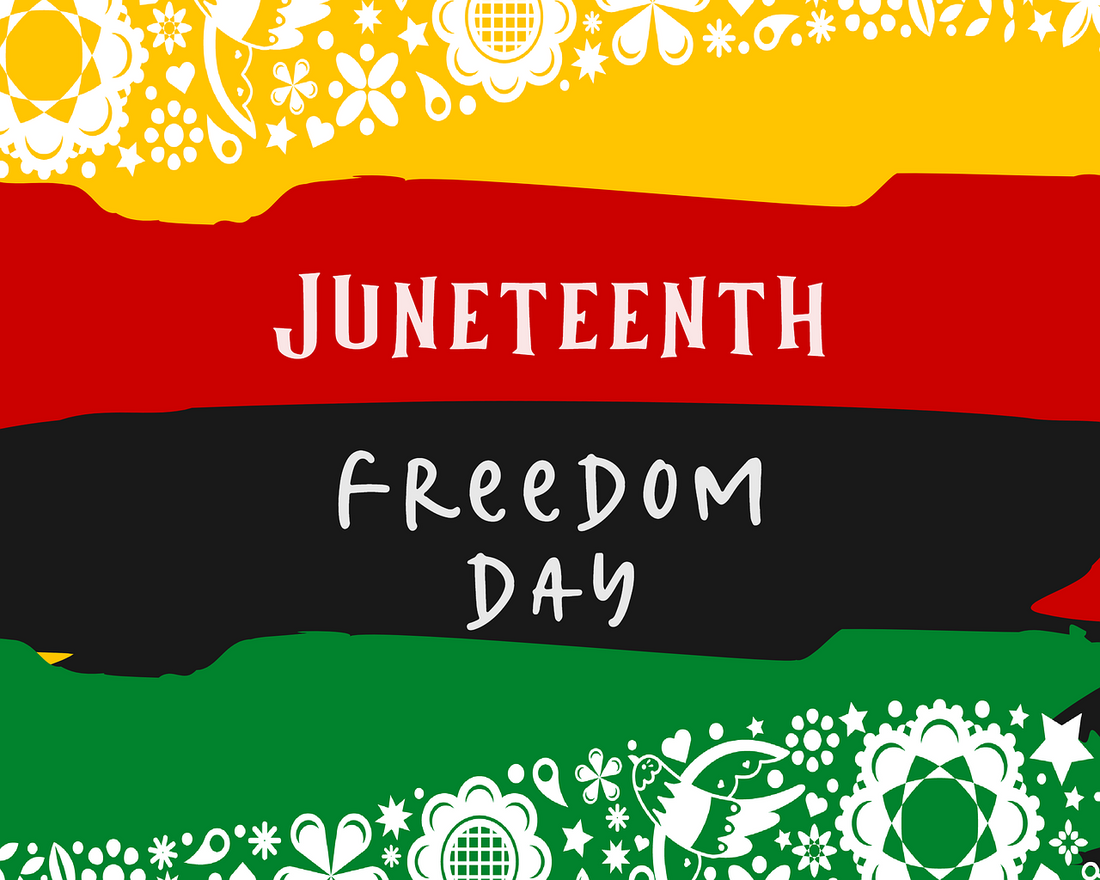The Fourth of July is an ironic holiday for African Americans. While the nation celebrates the Declaration of Independence, adopted by the Continental Congress on July 4, 1776, descendants of enslaved Africans know this freedom was never meant for them. The holiday commemorates liberty—but only for the descendants of others.
In 1770, Crispus Attucks, a Black man, became the first person killed in the American Revolution. Thousands of Black people fought in the Revolutionary War. Yet their sacrifices did not lead to their own freedom. This painful truth is embedded in the U.S. Constitution itself, ratified in 1787, which includes several provisions explicitly protecting the institution of chattel slavery and the continued dehumanization of Africans (see Article I, Section 2, Clause 3; Article I, Section 9, Clause 1; and Article IV, Section 2, Clause 3).
In a powerful speech delivered on July 5, 1852, Frederick Douglass exposed the glaring contradiction between America’s proclaimed ideals and its brutal reality:
What, to the American slave, is your 4th of July? I answer; a day that reveals to him, more than all other days in the year, the gross injustice and cruelty to which he is the constant victim. To him, your celebration is a sham; your boasted liberty, an unholy license; your national greatness, swelling vanity; your sounds of rejoicing are empty and heartless; your denunciation of tyrants, brass fronted impudence; your shouts of liberty and equality, hollow mockery; your prayers and hymns, your sermons and thanksgivings, with all your religious parade and solemnity, are, to Him, mere bombast, fraud, deception, impiety, and hypocrisy—a thin veil to cover up crimes which would disgrace a nation of savages. There is not a nation on the earth guilty of practices more shocking and bloody than are the people of the United States, at this very hour.
More than a decade after Douglass’s address, President Abraham Lincoln issued the Emancipation Proclamation on January 1, 1863, declaring freedom for enslaved people in the Confederate states. Yet due to the ongoing Civil War and resistance in the South, enforcement was delayed in many regions.
Juneteenth commemorates the true beginning of freedom for most Africans in the United States. Celebrated annually on June 19, it marks the day in 1865 when Union troops arrived in Galveston, Texas, and informed enslaved Africans of their freedom—over two years after the Emancipation Proclamation. The first celebrations began in Texas in 1866 with speeches, readings, testimonies, food, and games. As Black people migrated, Juneteenth celebrations spread nationwide. In 2021, more than 150 years after Emancipation, Juneteenth was officially recognized as a federal holiday—Juneteenth National Independence Day—when President Joe Biden signed it into law.
Freedom is worth celebrating, both for ourselves and for others. For most Americans, Independence Day is July 4. But not everyone became free on that date. The uncomfortable truth is that, since the nation’s founding, there have been different realities for people of European and African descent. Black people have long celebrated the freedom of others on July 4. Juneteenth offers the rest of the country an opportunity to honor the freedom of those who were brutally and systemically denied it—and to recognize the beginning of a new identity: when enslaved Africans in America could finally begin to become "Americans."

